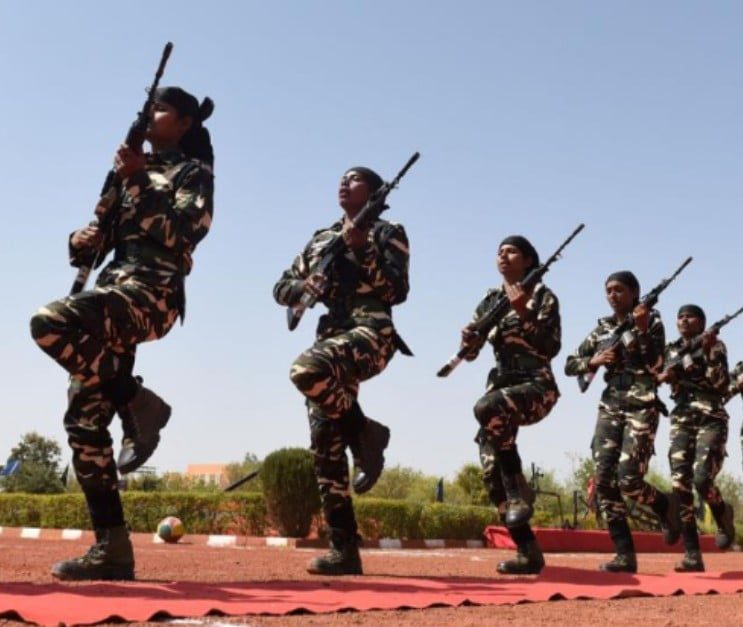Kargil Vijay Diwas Marks a New Chapter for Agniveers
On the solemn occasion of Kargil Vijay Diwas, commemorating India’s victory in the Kargil War, several BJP-led states took a significant step in honoring the nation’s bravehearts. Six states, including Gujarat, Odisha, Uttar Pradesh, Chhattisgarh, Madhya Pradesh, and Uttarakhand, announced reservation policies for Agniveers, the young soldiers recruited under the Agnipath scheme. This landmark decision aims to provide Agniveers with a secure and dignified path towards civilian life after their four-year tenure in the armed forces.
Reservation Policies: A Multifaceted Approach
Each state tailored its reservation policy to address the unique needs and opportunities within its jurisdiction. Gujarat prioritized Agniveers in recruitment for armed police and the State Reserve Police Force (SRP), recognizing their valuable training and experience in security and law enforcement. Odisha extended a generous 10% quota and five years of age relaxation for Agniveers seeking employment in the state’s uniformed services.
Uttar Pradesh, Chhattisgarh, Madhya Pradesh, and Uttarakhand also joined the ranks, offering Agniveers preferential treatment in police, forest guard, and other government positions. These state-level initiatives demonstrate a collective commitment to ensuring that Agniveers are not left behind after their dedicated service to the nation.
A Step Towards Addressing Agnipath Concerns
The Agnipath scheme, while aimed at modernizing the armed forces and creating a younger, more agile fighting force, faced criticism from certain quarters regarding the future prospects of Agniveers after their relatively short service period. The introduction of reservation policies by BJP-led states is a significant step towards addressing these concerns. By guaranteeing job opportunities and career pathways, these policies alleviate apprehensions about the post-service transition of Agniveers, ensuring a smooth and dignified reintegration into civilian life.
Arunachal Pradesh Joins the Movement
Adding to the growing list of states embracing Agniveers, Arunachal Pradesh announced its commitment to providing training for local youths aspiring to join the Agnipath scheme. Additionally, retired Agniveers from the state will be given preference in recruitment for various state services, including the police, emergency responders, and firefighters. This comprehensive approach underscores the state’s recognition of the valuable skills and experience that Agniveers bring to the table.
Key Takeaways:
| Key Learning Points | Description |
|---|---|
| Agniveer Empowerment | Multiple BJP-led states announced reservation policies for Agniveers on Kargil Vijay Diwas. |
| Diverse Career Opportunities | Reservations cover various sectors, including police, forest guards, and other government positions. |
| Addressing Concerns | These policies aim to alleviate apprehensions about the post-service transition of Agniveers. |
Summary: In a significant move on Kargil Vijay Diwas, several BJP-led states in India have unveiled reservation policies for Agniveers, offering them preferential access to government jobs, police forces, and other state-level positions. This initiative aims to ensure a smooth and dignified transition for Agniveers into civilian life after their service in the armed forces. By providing secure career pathways and recognizing their valuable skills and experience, these states are not only honoring their commitment to the nation’s defenders but also addressing concerns about the Agnipath scheme’s long-term impact on young soldiers. This development marks a positive step towards empowering Agniveers and ensuring their continued contribution to society.
Soumya Smruti Sahoo is a seasoned journalist with extensive experience in both international and Indian news writing. With a sharp analytical mind and a dedication to uncovering the truth, Soumya has built a reputation for delivering in-depth, well-researched articles that provide readers with a clear understanding of complex global and domestic issues. Her work reflects a deep commitment to journalistic integrity, making her a trusted source for accurate and insightful news coverage.



